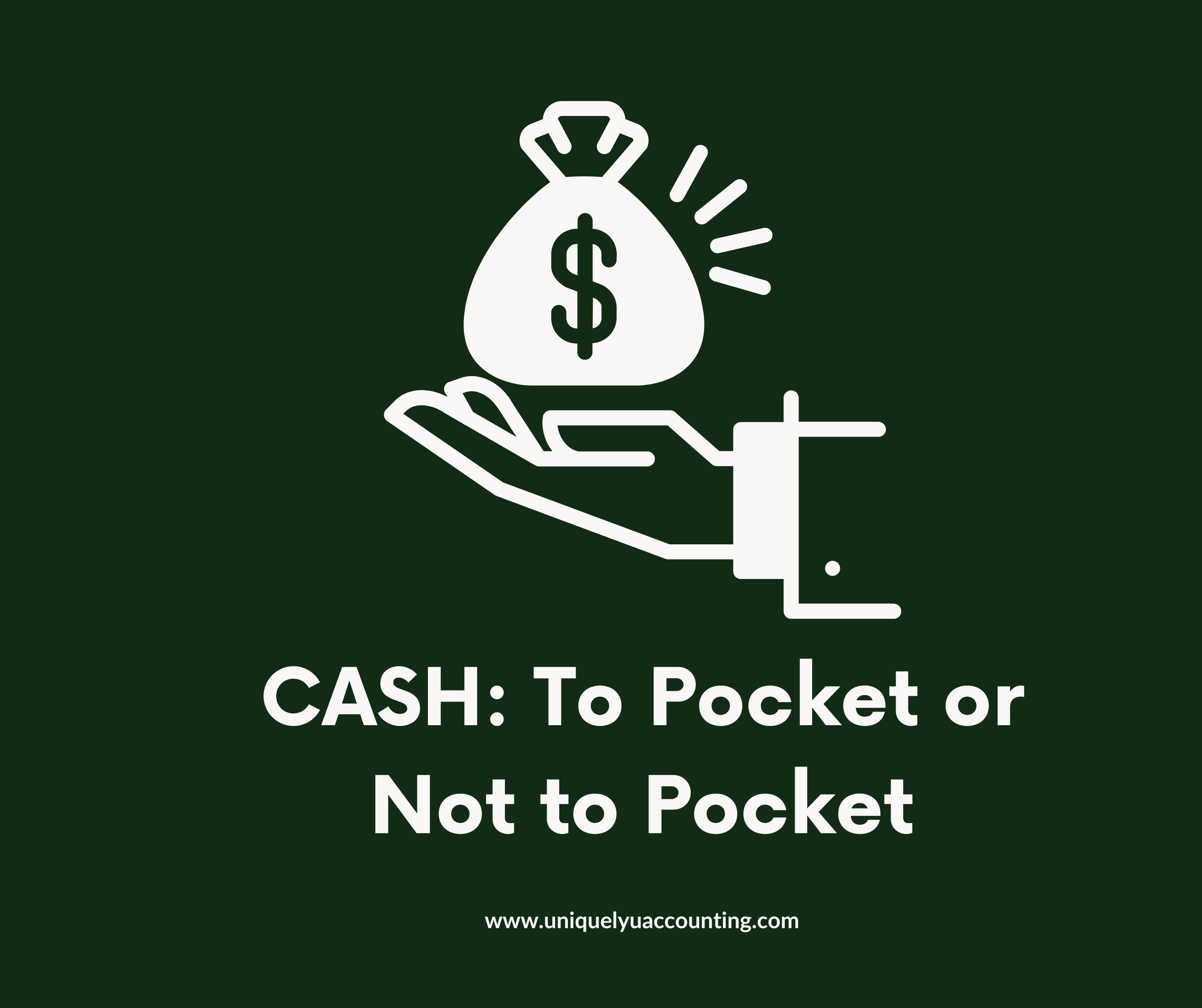Cash: To pocket or not to pocket?
Dear Business Owner: Why You Shouldn’t Pocket the Cash
As your accountant, I know how hard you work to keep your business running. Whether you’re juggling clients, managing a team, or wearing all the hats yourself, it’s no small task. When things get busy, it can be tempting to grab some cash from the register or skip a deposit here and there—especially when you’re the owner.
But here’s the truth: pocketing cash without properly recording it can cause more harm than you realize.
Let me break down why handling cash properly is more than just “good bookkeeping”—it’s smart business strategy.
1. Your Financials Won’t Be Accurate
If cash comes in and doesn’t get recorded, your income could be understated. That might not seem like a big deal today, but it snowballs quickly—especially when you’re trying to:
Review profitability
Apply for a loan
Make tax payments
Budget for growth
Your financial reports are only as accurate as the data behind them. If we’re missing part of the picture, it affects everything from strategic decisions to tax planning.
2. It Can Lead to Serious Tax Issues
Yes—even cash needs to be reported.
If income isn’t showing up in your books, it won’t be included on your tax return. That might seem harmless in the short term and a way to stick it to the government, but if you're audited, the penalties (and interest) can be severe.
And audits aren’t just random—they’re often triggered by inconsistencies, especially in cash-heavy industries. Trust me, it’s not worth the risk!
3. It Reduces the Value of Your Business
Thinking long term—if you ever want to sell your business, bring on investors, or apply for financing, clean books are essential.
If your reported income is lower than your actual income, your business looks less profitable on paper. That can seriously hurt your valuation and limit your opportunities.
4. It Can Undermine Internal Controls
Even if you're the only one touching the cash, taking money without documenting it sets a precedent that can lead to looser controls over time. If you have staff, it can also raise concerns around accountability and fairness.
Strong systems build trust and confidence—not just with your team, but with your advisors, lenders, and future partners.
5. You're Missing a Chance to Reinvest
Cash taken off the top usually goes unnoticed—but it could’ve been used to fund marketing, upgrade tools, or pad your reserves for slower months. Keeping it in the business gives you more flexibility and security.
So What’s the Best Way to Pay Yourself?
If you need money from your business, there are proper ways to do it:
Owner’s Draw: For sole proprietors and single-member LLCs.
Payroll: If you’ve elected S-Corp status and take a reasonable salary.
Reimbursements or Distributions: When supported by proper documentation.
The key is that all transactions should be recorded—that’s how we keep your books clean and tax-ready.
Final Thought:
Clean Cash Handling = Confident Business Decisions
As your accountant, my goal is to help you build a financially healthy business—with accurate reports, minimized risk, and a solid foundation for growth.
If you ever have questions about how to record transactions, how to structure your pay, or want help setting up a better cash-handling system, I’m just a call or email away.
Let’s keep your business—and your books—in great shape.

